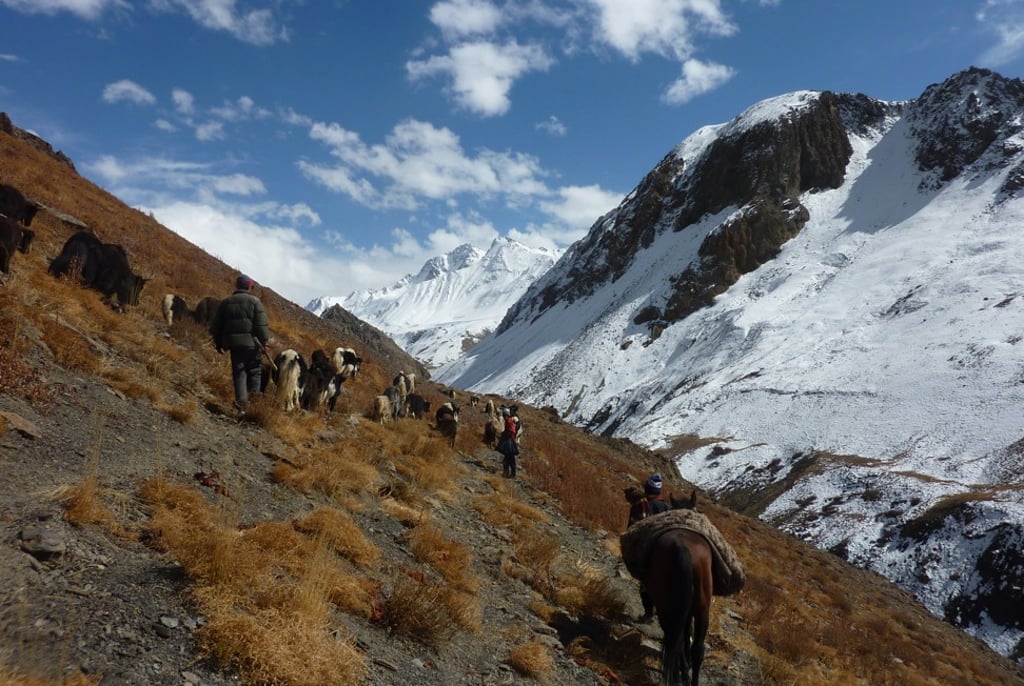Opinion | US exit from Afghanistan would leave the way clear for China to increase its influence in the region
- China’s shared border with Afghanistan through the Wakhan Valley and its model of non-intervention are advantages it can exploit to cement its foothold
- The withdrawal of US troops would also send a serious message of diminishing US power

While sounding logical, considering the 18 years of war, a US departure from Afghanistan would create a geopolitical reconfiguration detrimental to the US and favourable to China.
As US involvement in Afghanistan drags on, the land and its people further cement their reputation as the graveyard of empires. The first thoroughly documented invasion of Afghanistan was Britain’s two ill-fated attempts beginning in 1839 when it was at the height of its power.
The USSR’s invasion in 1979 ended in an embarrassing defeat and was a major catalyst in the fall of the Soviet Union. The US’ failed attempt in 2001 to conquer Afghanistan, even with a population exhausted by decades of war, just adds to this categorisation.

Unassuming and barren, with an inhospitable terrain, Afghanistan looks unbecoming of a superpower’s attention. However, its geography has it cursed. As the gateway linking Asia and the Middle East, in light of the “Great Game 2.0”, controlling Afghanistan is an essential part of ruling the Eurasian land mass.

